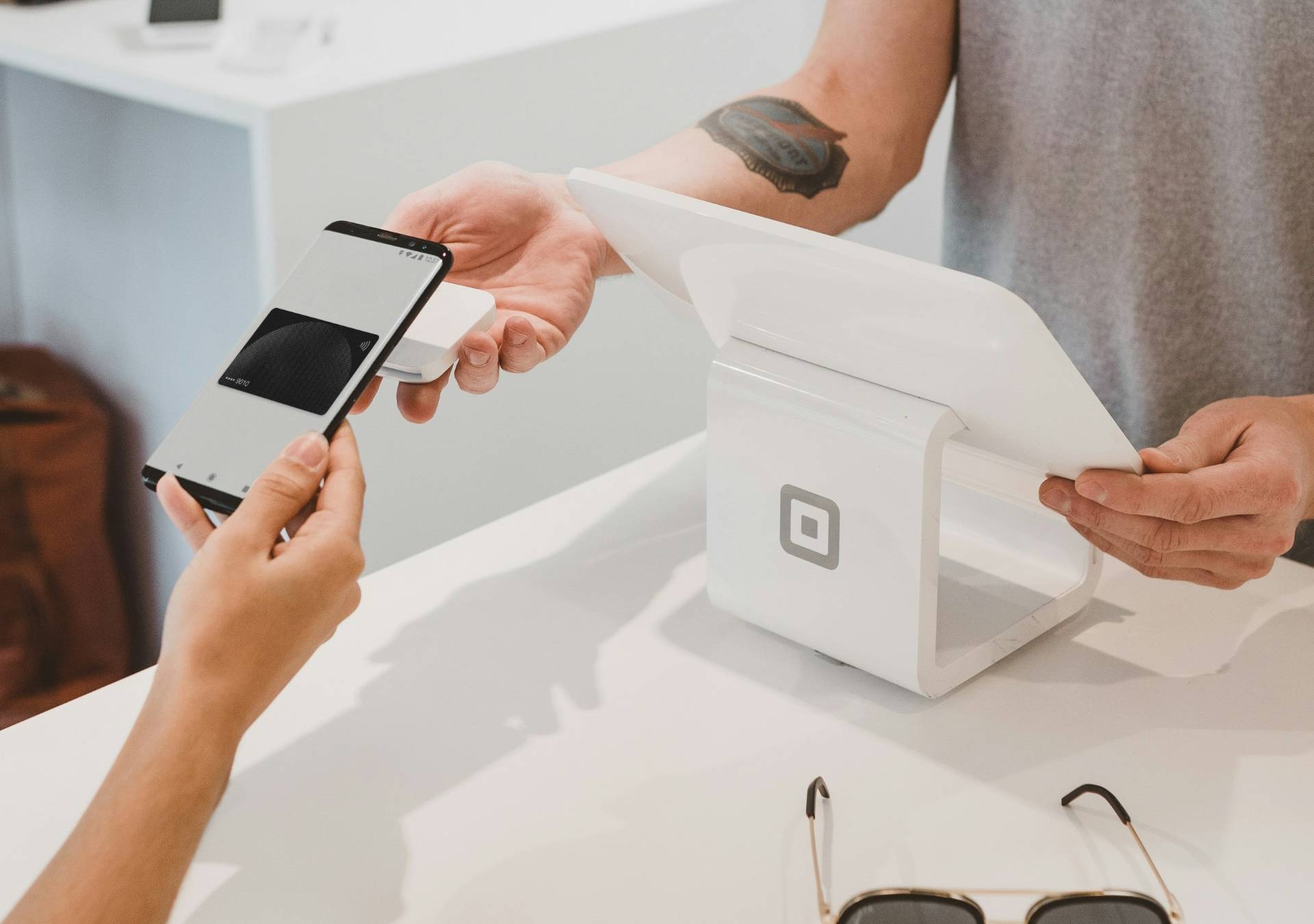Digital credentials and wallets
Digital credentials are digital data in a structured format, signed by the issuer. The credential contains information that is useful to the recipient and is authenticated by the issuer with an electronic signature. The holder (user) of the credential can share it with the verifier of their choice. There is usually no direct communication between the issuer and the verifier.
Digital wallets streamline transactions
A digital wallet is a secure way to share personal information when dealing with banks, social security, employers, or even your children’s school. In the wallet application, identity cards, insurance certificates, loyalty cards, and credentials indicating professional qualifications are always with you and easily accessible. You can use digital credentials, for example, as travel or entry tickets, as well as when applying for permits or benefits. The digital wallet also allows you to log in to services and prove your right to represent another party.
In addition to driving licences, personal and loyalty cards, a physical wallet also contains payment cards. Some digital wallets currently available also offer payment features. The purpose of Findynet is to streamline transactions. We believe that seamless solutions are already available for authentication – logging into services – and payment; these functions may not necessarily require a new type of digital wallet. Our focus is specifically on the ability of digital wallets to share digital credentials.

Benefits for all parties
For the holder of the credential
The issuers of digital credentials are the entities from whom you already receive credentials. When accessing services, you can decide which personal information you wish to share in each situation. Transactions proceed more swiftly when the service provider can immediately access the required information from your digital wallet. Additionally, you gain better visibility into which information different entities process about you and on what decisions concerning you are based.
The holder of a digital credential can be an individual or an organisation. The subject of the credential is not always the same as its holder. For example, your digital wallet can contain credentials related to your car, apartment, pet, or job. An organisation’s digital wallet might include credentials related to permits, certificates, obligations, and credit ratings.
For the verifier of the credential
The benefits for the verifier of a digital credential primarily relate to reduced manual work, expedited processes, and risk management. The information contained in a credential is in a structured, machine-processable format, so it can be directly processed by information systems without a person needing to read data from a document or scan a barcode from a plastic card. Additionally, the verification of the origin and authenticity of the information can be automated through the digital signature associated with the credential. The validity of the information contained in the credential can be verified against a revocation register, for example, on a weekly or monthly basis.
For the issuer of the credential
The information related to credentials is already largely digital in the systems of companies and organisations. Findynet assists organisations in taking the next step by issuing credentials directly from their systems into the customer’s digital wallet, from which they can directly share them with the entities of their choice.
When the customer themselves shares personal information, many administrative and technical processes are simplified. The issuing organisation does not need to verify the rights of all receiving entities to access the information, enter into bilateral agreements with them, or build and maintain direct integrations with their information systems. When information is transferred to its subject, they can decide on its further dissemination, reducing the issuer’s obligations. If necessary, a rulebook for the digital credentials ecosystem can be established, by agreeing to which, ecosystem members commit to principles governing the use of information. Read more about trust ecosystem governance.
Examples of applications of personal credentials
Credentials for specific groups
Studies and qualifications
Licences and permits
Finance and insurance
Health and well-being
Commerce
Examples of applications of organisational credentials
Basic Company Information
Business ID, Name, Company form
Board Members, Beneficiaries
E-Invoice address, Bank account
Financial information
Credit rating
Obligation Fulfillment Report
Financial Statement information
Authorities and Authorizations
Company Employee
Signing Authority
Authorization to act on behalf
Permits and licenses
License to serve alcoholic beverages
License to use music
Food industry inspection results
Expert services
Quality or information security certificates
License to provide education
Verifier of Sustainability Criteria
Environment and sustainability
Frequently asked questions about credentials and wallets
-
How do digital credentials work?
Digital credentials are information in electronic form that can be used to verify claims or facts. They can be proof of identity, qualifications, right, ownership, or consent, for example.
The authenticity of digital credentials can be verified, making them highly reliable. Digital credentials enable secure, fast, and efficient sharing of information, enhancing privacy and data security.
Organisations use credential agents to produce digital credentials, and users utilise digital wallets to manage and share credentials about themselves.
-
What are digital wallets?
Digital wallets are applications or services that facilitate the issuance, management, and sharing of digital credentials. They can be utilised by both natural persons and legal entities, such as companies and other organisations.
Digital wallets are available, for instance, in mobile phone app stores. In the future, EU member states will also be required to provide their citizens with a free digital wallet.
-
Other questions
See more on the FAQ page

GET INVOLVED
Do you recognise the potential benefits of digital credentials and wallets?
Findynet helps digital credential providers and organisations interested in using digital credentials to deploy and test solutions to achieve business benefits.
See also
Interested?
Contact us
Trust online is built on verified data managed by the users themselves. Contact us to learn more about the potential of Findynet projects for your organisation.


